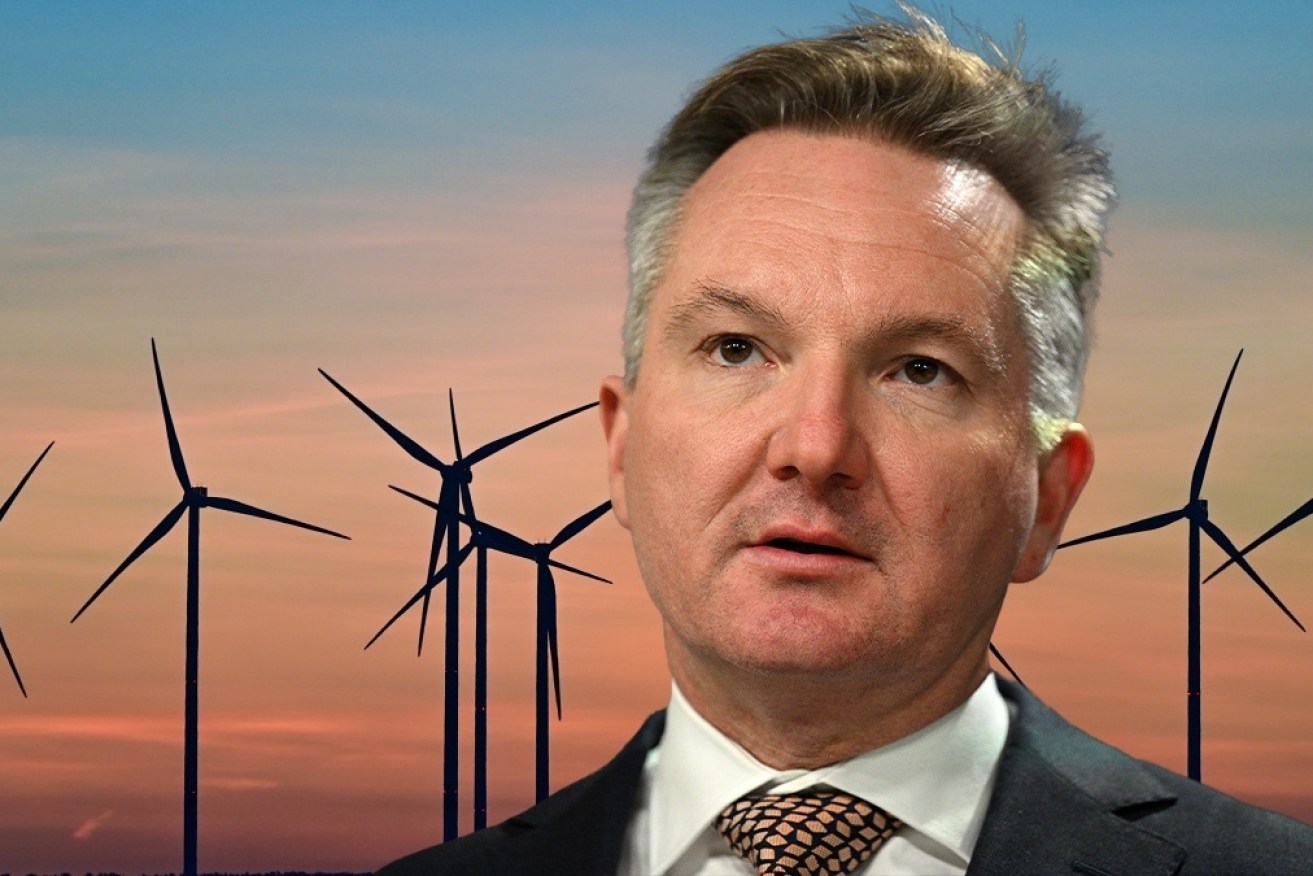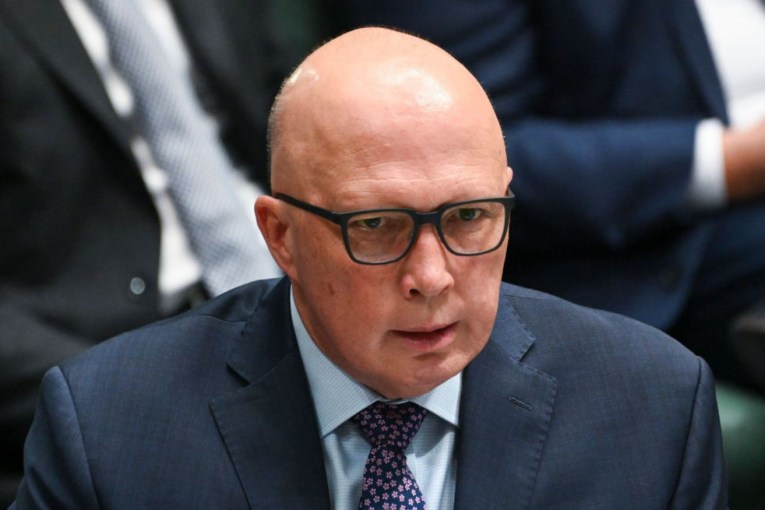Deal hailed as first concrete steps on climate in a decade


A new government plan details how the nation will lower power bills and achieve climate targets.
The Albanese government and the Greens have reached agreement on a signature policy for reducing carbon emissions.
Coal and gas stocks were down across the ASX on Monday afternoon after the announcement of a deal welcomed as the first concrete steps towards progress on emissions reduction in more than a decade.
The changes amounted to a “big hit” on the coal and gas industry, the Greens said, and meant as many as half of the 116 coal and gas projects in the pipeline will not go ahead.
“It’s crystal clear Labor wants to keep opening up new coal and gas mines. Now there is going to be a fight for every new project they want to open,” leader Adam Bandt said.
“If any new project opens from here on in, it will be squarely on Labor’s shoulders.”
Reworked version
The “safeguard” mechanism is the means for achieving the 43 per cent emissions reduction target passed by Parliament following the federal election.
A reworked version of the plan to force Australia’s 215 biggest industrial polluters to reduce their carbon emissions passed the House of Representatives on Monday morning by 87 votes to 55 after experts had urged its passage.
The main changes include:
- A ceiling on pollution that means emissions will never exceed current pollution levels of 140 million tonnes a year;
- limiting the amount of pollution corporations can write off with offset measures;
- subjecting any new coal and gas projects to rigorous tests that account for their emissions from their first day of operation.
It will now go to the Senate, where the government will need one additional vote (if Independent Senator Lidia Thorpe keeps to a promise to vote with her old party on climate policy).
Good and bad?
“The hard cap on absolute emissions is going to make it a lot harder for new gas and new coal to get approved, and that’s a good thing,” said Richard Denniss, the chief economist at the Australia Institute think tank.
“It’s not going to lead to a ban on new coal and new gas, and that’s a bad thing.”
Climate Change Minister Chris Bowen said: “Today, we are a step closer to achieving net zero by 2050.
“Business and climate groups have been clear that the Parliament should pass the strengthened legislation in front of it and deliver overdue policy certainty – but Peter Dutton would prefer to drag Australia backwards and continue the climate wars.”
The mechanism was designed by the Coalition, but it did not have any means of enforcement.
‘Getting on with it’
Climate Council chief executive Amanda McKenzie said: “Almost one year ago, Australians sent a clear message at the polls that they wanted our Parliament to act on climate change.
“Today, they are getting on with it. This will mean more clean, renewable power, and less pollution.
“Finally, as a nation, Australia is starting to tackle the climate crisis.”
Prime Minister Anthony Albanese made a point of noting that the government had not given into the Greens, who had wanted a ban on all new coal and gas mines.
“You will note, hopefully pretty obviously, that the demands that were placed on us on ruling out future projects were ones we said we wouldn’t agree with and we haven’t,” he said.








